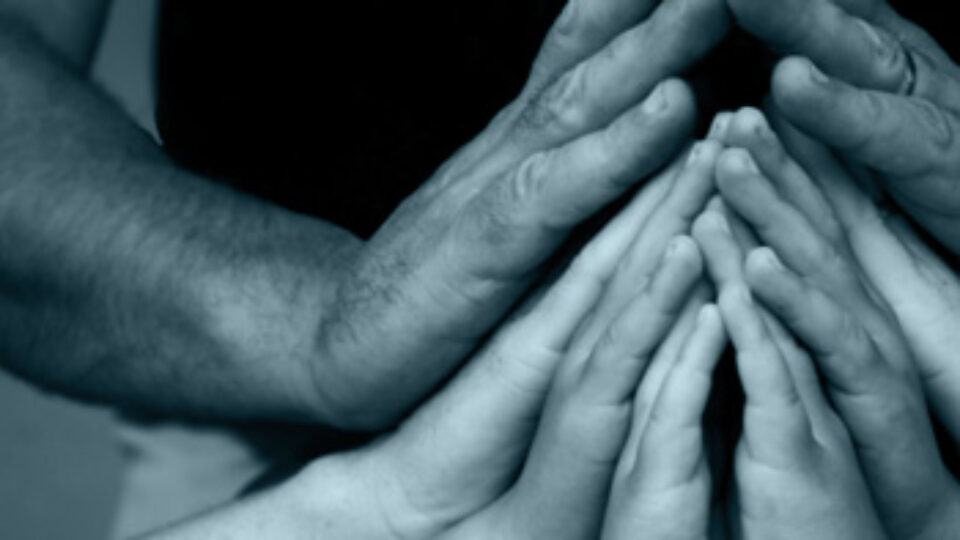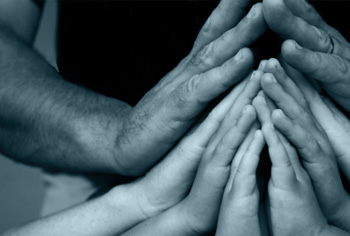When something has meaning, it has a purpose; it is significant. Likewise, a life that has meaning feels purposeful and significant. Feeling as though your life is meaningless can lead to depression and hopelessness.
Adding meaning to life is not an exact science, but it is possible to develop a meaningful life for yourself if you are willing to put some time and consideration into the process.
Build close relationships. This can be with family or friends you already have, but it can also be with new people. Either way, take the time to build close relationship with others. This is one great way to add meaning to your life because these relationships are deep, and provide benefit to you as well in the form of love and support. (To read the full article go to How To Do Anything Wiki
Some ways to strengthen your relationships include:
- Become a great listener. Instead of waiting for your turn to talk, or checking your phone while someone is speaking, turn your focus onto that person and what he is saying. Show you are listening by nodding, asking follow-up questions, and repeating things back to them (like “So, what you’re saying is…”).
- Learn healthy ways to express your emotions. Knowing how to manage your anger can help prevent you from yelling, snapping, or engaging in abusive behavior with others.
- Show that you are trustworthy. When you say you are going to do something, follow through and do it. Tell the truth, be consistent, and if you’re wrong, own up to it.[15]
- Work through problems in your current relationships. Sometimes having close relationships with people can be very challenging. There can be many reasons why they are difficult, but one reason is that people who are close to you often challenge you to open up, or to reflect on your beliefs.
Despite the stress that these relationships might bring from time to time, research has shown that, unless they are physically or emotionally abusive, they are important for developing a sense of meaning.
- Consider family or couples therapy to help you work through problems with family or significant others. A therapist can act as a mediator and help you communicate in healthy, productive ways.
- Learn to set boundaries. Setting healthy boundaries is a way to protect yourself and improve your sense of self.
Communicate assertively. Being assertive doesn’t mean aggressive — it means you are stating your needs while still respecting the needs of others.
Be compassionate. The Dalai Lama said: “Compassion is what makes our lives meaningful.”[18]Sometimes this is easy, but many times it is a challenge. When you see someone suffering or doing something that annoys you, try to put yourself in his shoes. Think about how you would feel or behave if you were facing the same situation. Hopefully by doing this, you will be encouraged to act, either by trying to help the suffering person or showing understanding.
This also applies to your attitude about yourself. Sometimes, you will make mistakes, and that is OK. Try to be as compassionate towards yourself as you would be to someone you really care about. Compassionate actions activate the pleasure center of your brain, so you feel great whenever you help someone else. Compassionate people also make better friends, parents, and spouses, so showing compassion can help improve your relationships.
- Make donations. Although this may not at first seem like a way to be grateful, donating time, money to help support an organization, or donating goods (like giving canned foods to a soup kitchen) is a way of demonstrating that you appreciate what you have. You can be charitable in many ways. You can donate your time, your money, your talents, or simply a few minutes of your time to a friend in need. However, understand that you can’t just donate an hour of your time once a year. Research shows that you need to be charitable on a regular basis to receive the positive benefits of doing so.
- Try doing something you love as a volunteer activity. Again, this helps you to put your own life in perspective, especially if you volunteer with people, animals, or situations that are far worse off than you’ve ever been.[21]




